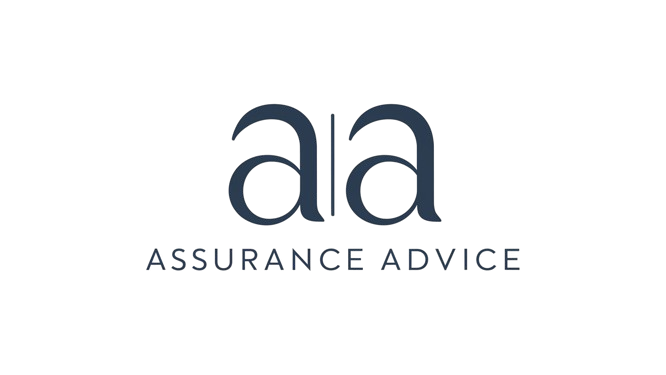Comparing Private vs. Public Health Insurance: Which is Right for You?
Navigating the complexities of health insurance can be daunting. With numerous options available, understanding the key differences between private and public health insurance is crucial to making an informed decision. In this comprehensive guide, we will explore the pros and cons of both private and public health insurance, helping you determine which option best suits your needs.
What is Private Health Insurance?
Private health insurance is coverage offered by private entities such as insurance companies or employers. These plans typically provide a wide range of services, including preventive care, specialist visits, and elective procedures.
Key Features of Private Health Insurance
- Wide Range of Coverage Options: Private insurance plans often offer various levels of coverage, allowing you to choose a plan that fits your needs and budget.
- Shorter Waiting Times: Access to medical services and specialists is generally faster with private insurance.
- Choice of Providers: Private plans often allow you to choose from a broader network of doctors and hospitals.
- Additional Benefits: Many private plans offer extra benefits such as dental, vision, and wellness programs.
What is Public Health Insurance?
Public health insurance is provided by government programs designed to offer coverage to specific groups, such as low-income individuals, the elderly, and people with disabilities. Examples include Medicaid and Medicare in the United States.
Key Features of Public Health Insurance
- Affordability: Public health insurance is typically more affordable or even free for eligible individuals.
- Comprehensive Coverage: These plans often cover a wide range of essential health services, including hospital visits, preventive care, and prescription drugs.
- Eligibility Requirements: Public health insurance programs have specific eligibility criteria based on income, age, and health status.
- Access to Essential Services: While public insurance provides comprehensive coverage, access to specialists and elective procedures may have longer waiting times.
Comparing Private and Public Health Insurance
Cost
Private Insurance: Typically involves monthly premiums, deductibles, co-payments, and out-of-pocket expenses. The cost varies based on the level of coverage and the insurance provider.
Public Insurance: Generally more affordable with lower or no monthly premiums. However, eligibility is based on specific criteria, and not everyone qualifies.
Coverage and Benefits
Private Insurance: Offers a wide range of coverage options and additional benefits like dental and vision care. More flexibility in choosing healthcare providers and specialists.
Public Insurance: Provides comprehensive coverage for essential health services but may have limited options for specialists and elective procedures. Additional benefits vary by program.
Accessibility and Waiting Times
Private Insurance: Shorter waiting times for medical services and specialist appointments. Greater flexibility in scheduling non-emergency procedures.
Public Insurance: Longer waiting times for certain services due to higher demand and limited provider networks. Essential and emergency services are prioritized.
Eligibility
Private Insurance: Available to anyone willing to pay the premiums. Often offered through employers or purchased individually.
Public Insurance: Eligibility is determined by government criteria, including income, age, disability status, and other factors.
Making the Right Choice
Choosing between private and public health insurance depends on your individual needs, budget, and eligibility. Consider the following when making your decision:
- Assess Your Healthcare Needs: Determine the type of healthcare services you and your family require. Do you need frequent specialist visits, elective procedures, or additional benefits like dental and vision care?
- Evaluate Your Budget: Compare the costs associated with private and public health insurance. Consider premiums, deductibles, co-payments, and out-of-pocket expenses.
- Check Eligibility: If you are considering public health insurance, verify your eligibility based on the specific program’s criteria.
- Consider Waiting Times: If quick access to specialists and elective procedures is important, private health insurance may be a better option.
- Review Provider Networks: Ensure that your preferred doctors and hospitals are included in the insurance plan’s network.
Conclusion
Both private and public health insurance have their advantages and limitations. Private health insurance offers greater flexibility, shorter waiting times, and additional benefits, but at a higher cost. Public health insurance is more affordable and provides comprehensive coverage for essential services, although it may come with longer waiting times and eligibility restrictions.
By understanding the differences between private and public health insurance and considering your specific needs, you can make an informed decision that ensures you and your family receive the best possible care.
For more information or personalized advice, feel free to contact us.
Additional Resources










